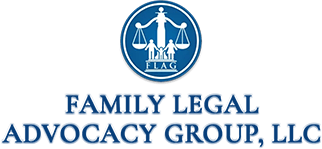Laura Tarantino would love to adopt a child. But under Virginia law, she cannot try for now.
In 2009 when she was 21, Tarantino was arrested a second time for possession of heroin and went to prison for 15 months.
The felony prevents her from adopting for a decade after her conviction under a law that imposes a ban that is twice as long as similar federal standards on adoptions, which the District and Maryland use.
Now 28, Tarantino is mounting a challenge to a law she says is unfair, antiquated and desperately needs to be changed. “It is like someone driving their car through the new home I am trying to build,” Tarantino said. “It hurts every bone in my body.”
Adopted herself as a child, Tarantino wants to expand the family she has in Alexandria with her husband, Frederick, and their 5-year-old son, Tyler.
Tarantino, who said she has written hundreds of letters to lawmakers in Richmond, hopes to persuade legislators to shorten the time period or begin case-by-case considerations, as already happens in nearby Delaware.
Her challenge to the adoption restriction occurs amid a larger national conversation about the long-term effect of nonviolent felony drug convictions and mandatory sentencing.
“A lot people aren’t forthcoming about this topic,” said Tarantino, who has mailed about 500 letters since 2014 seeking support. “To be honest, I was fearful when we started talking about adoption, just because I had a feeling this was something we would face because of my background. As difficult as it is, it’s time to put our foot forward.”
Supporters of the Virginia limit say the full 10-year span triggered by convictions for felony possession of drugs and by felony possession of drugs with intent to distribute ensure prospective parents do not slide back into trouble.
Other convictions prompt even longer waits. Virginia has a 25-year wait period for anyone convicted of statutory burglary for breaking and entering a dwelling, home or other structure with intent to commit larceny. And every state, the District of Columbia and Puerto Rico permanently disqualify anyone from adopting who has been convicted of a crime that poses a risk to the safety and well-being of a child.
If Tarantino is “in a better place, that’s great, we’re all happy for her, but the paramount concern for adoption is to make sure that we find the safest and best placement for these children,” said Del. Robert B. Bell, R-Albemarle, who has run twice for Virginia attorney general. Some children up for adoption “come from difficult backgrounds, especially if they’re coming out of foster care, and we want to make absolutely certain we get a safe and good place for them to land,” he said.
Bell said he does not think a decade-wait is too long in drug cases, because the time period ensures “the person who was convicted of the crime is obviously not just in a short-term better place but actually on an entirely new path.”
But Tarantino said Virginia’s law, which doubles the federal wait time for convictions like hers, is harsh.
“People can turn their lives around and Virginia doesn’t have to be so hard on crime,” Tarantino said recently while her son played nearby. “We understand the point behind it, but we need to acknowledge the fact that people can and do change, and when they do it should be recognized, not suppressed.”
President Barack Obama had granted clemency to more 1,700 people, including 330 commutations for nonviolent drug offenders, on his last day in office. Many courts have stepped up efforts to sentence nonviolent drug offenders to treatment programs rather than jail. And numerous studies in recent years have charted the changing attitudes among Americans toward illegal drugs and how to punish those who use them.

